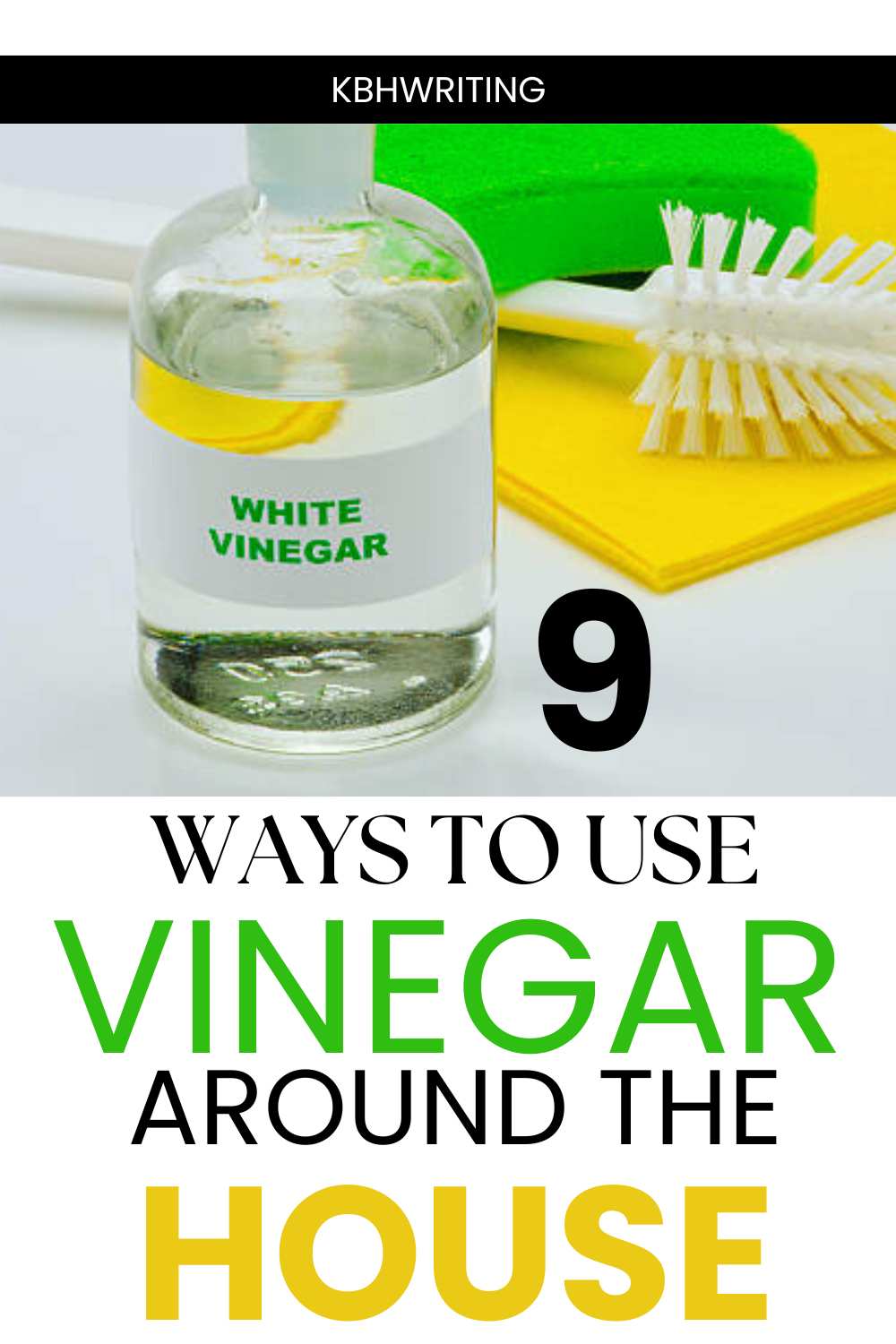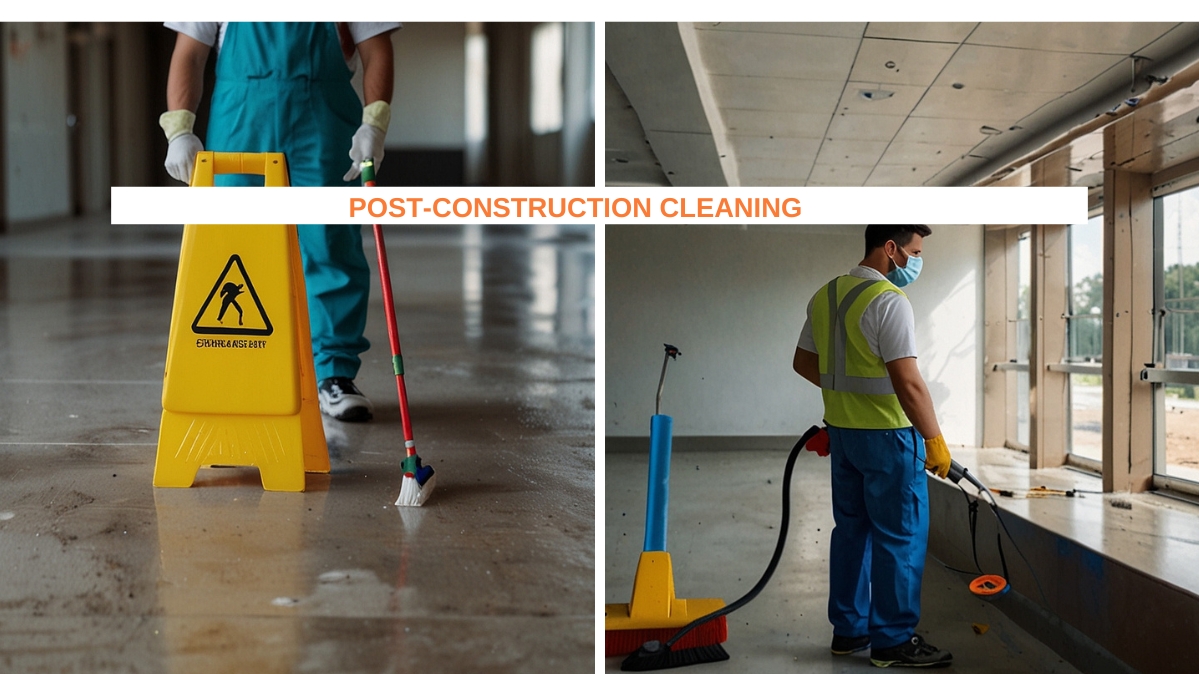Because they work on so many different surfaces, multipurpose cleaners are useful, but some of them can be hazardous or bad for the environment. On the other hand, cleaning with vinegar is a cheap, environmentally friendly, and non-toxic option.
Acetic acid, the main component of vinegar, is a potent cleanser and disinfectant that can remove bacteria as well as mineral deposits, filth, grease, and other impurities.
The finest vinegar for cleaning is white distilled vinegar because it doesn’t contain a coloring component that could stain surfaces and has a 5% acidity level, which is comparable to many multipurpose cleaners.
White vinegar can be substituted with apple cider vinegar because they both have similar cleaning capabilities and a mildly sweet aroma. By adding a few drops of essential oil, such as lemon, lavender, or peppermint, to a spray bottle filled with vinegar water solution, you can reduce the potent smell of vinegar while cleaning.
A natural, efficient, and inexpensive way to clean your house is using vinegar. When it comes to cleaning and disinfecting different surfaces in your house, including floors, countertops, appliances, and bathroom fixtures, vinegar is a multipurpose household product.
Start by diluting vinegar with water before using it to clean. Use a spray bottle to combine vinegar and water in equal parts for general cleaning. To cover up the vinegar scent, you can also add a few drops of essential oils like lemon or lavender.
Use pure vinegar or a stronger solution of two parts vinegar to one part water for stubborn stains or buildup. The affected region should be treated with the solution, allowed to sit for a few minutes, and then scrubbed with a brush or sponge.
Your laundry can be cleaned and scented with vinegar. To get rid of smells and soften your clothes, add 1/2 to 1 cup of vinegar to the rinse cycle of your washing machine.
It’s important to note that vinegar should not be used to clean some things, such as marble or granite countertops, as it can cause damage. Always test a small, inconspicuous area before using vinegar on a new surface.
Cleaning With Vinegar Tips: 9 Things to Clean With Vinegar Around The House

1. Clean Glass
Vinegar is a great alternative to store-bought glass cleaners. To make your own glass cleaner, mix one part water with two parts vinegar in a spray bottle. Spray the solution on glass surfaces and wipe clean for a streak-free finish.
This mixture is effective at removing smudges, fingerprints, and other marks from windows, mirrors, and glass tabletops.
2. Clean Countertops
Because vinegar is a natural disinfectant, it can clean and disinfect countertops after food preparation. For tough stains, add a few drops of Dawn dish soap to one part water and two parts vinegar.
This mixture can also remove odors from countertops, but it should not be used on granite or marble surfaces, which can be damaged by the acid in vinegar.
Instead, use a natural stone cleaner. Additionally, vinegar can deter ants that may scour countertops at night in search of food scraps.
3. Faucets
Over time, faucets and fixtures can develop unsightly calcium deposits that are difficult to remove. To eliminate these deposits, combine 2 teaspoons of vinegar and 1 teaspoon of salt and rub the solution onto the affected areas.
This mixture can also remove hard water stains from showerheads. For stubborn stains, spray fixtures and faucets with vinegar and then tie a bag around them overnight. Scrub and rinse the next morning.
4. Showers and tubs

Thick soap scum and mildew can be challenging to remove. To tackle these tough stains, spray undiluted white vinegar over the walls of your shower or tub. Let the vinegar sit for several minutes, then scrub and rinse away.
Alternatively, you can combine baking soda and vinegar to create a paste and scrub away tough grime.
5. Clean Toilets Sparkly Shiny
To remove stains and deodorize your toilet, pour 2 to 3 cups of undiluted vinegar into the bowl and let it sit for up to 3 hours. Scrub with a toilet brush and flush. This helps eliminate rings around the bowl and deodorizes the toilet.
6. Mop Floors
Vinegar can be an effective cleaner for certain types of floors. However, it should not be used on hardwood floors because it can dissolve the finish and leave watermarks. The natural acid in vinegar can also damage natural stone floors.
You can use vinegar on no-wax linoleum and ceramic tile. To clean these floors, add 1/2 cup of vinegar to 1/2 gallon of water for linoleum and 1/2 cup of vinegar to 1 gallon of water for ceramic tile.
7. Dishwasher
To break through soap scum in your dishwasher, add 1 cup of vinegar to the rinse compartment and let the dishwasher run for an entire cycle. This can help improve the performance of your dishwasher and reduce the amount of soap residue left on your dishes.
8. Appliances
Vinegar is a great all-purpose cleaner for both the inside and outside of appliances. To eliminate odors in your microwave, place a bowl containing a 1/4 cup of vinegar and 1 cup of water inside the microwave and heat for a couple of minutes. This solution can also loosen any stubborn stains.
To clean the inside and outside of appliances, including stainless steel, mix equal parts vinegar and water in a spray bottle, then spray down appliances. Use a clean microfiber cloth to wipe away the solution. Avoid using abrasive pads, which can scratch the surface of appliances.
9. Laundry
Distilled white vinegar can also be used as a natural fabric softener and odor remover in the laundry room. Simply add 1 cup of vinegar to the wash cycle to remove odors and stains from clothes. However, it’s important to use caution and avoid using dark vinegar as it can stain your clothes.
While vinegar is a great household cleaner, some people believe that it can also improve digestive health. Apple cider vinegar, in particular, has been touted as a natural remedy for digestive issues, including bloating, acid reflux, and toxin removal.
To try apple cider vinegar for digestive health, mix 1 to 2 teaspoons of organic, unfiltered apple cider vinegar in a large glass of water and drink only one glass per day. It’s normal to have some sediment floating, called the mother, but too much apple cider vinegar can damage tooth enamel.
Related:
- 10 Places You Should Clean Everyday To Keep Your Home Clean
- 7 Spring Cleaning Checklist For Your Rooms (Deep Clean All Your Bedrooms Fast)
- 9 Spring Cleaning Checklist For Your Living Room (2023)
In conclusion, vinegar is a versatile and sustainable cleaning that may be applied to a variety of household surfaces. You may use vinegar and water to clean and disinfect a range of surfaces, including glass, floors, and appliances. Also, drinking apple cider vinegar in moderation and with prudence may have some advantages for your digestive system.




